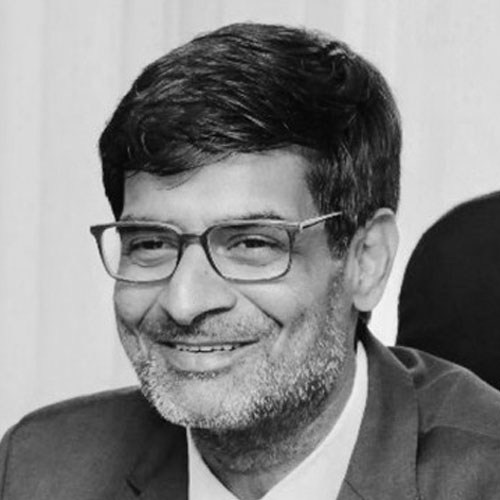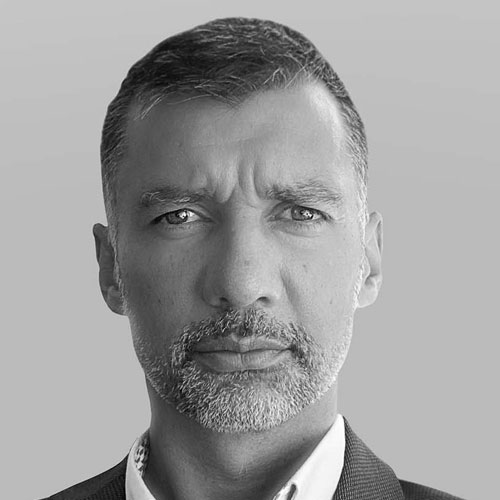Former US President Donald Trump may have been the first ‘Twitter President.’ However, the phenomenon of the digitalisation of governance and policymaking goes beyond the question of ‘policy-by-tweet’ and include pressing issues related to governance and state capacity in an era of misinformation campaigns, digital infrastructure vulnerabilities, machine learning and big data. The issues of the ‘digital divide’ on the state level and whether governments are adequately prepared for the complexities of the digital age remain open questions. Moreover, the increasingly powerful societal presence of ‘big tech’ has altered political calculations, Donald Trump’s use followed by a subsequent ban from Twitter being a case-in-point.
The ability of technology to cut across borders also raises important questions for the state sovereignty, particularly as large tech corporations operate in zones where state oversight is often fuzzy. Furthermore, the protection of privacy and citizen rights, increasingly challenged by the whole-sale data harvesting by both government and private interests, and proliferation of misinformation remain fundamental challenges to governance to statecraft and governance in the digital age.
Discussion Themes
• How are notions of political authority, accountability and statecraft being re-configured in the era of big data, machine learning and unprecedented digital engagement?
• How are governments and political systems more generally, adapting to the realities of an increasingly digitalised society?
• How can effective policies be developed that promote an open digital environment while guarding against the challenges and threats of issues ranging from fake news, misinformation and ‘deep fakes’ to data security and the threat of cyber-attacks?
• How are governments responding to the challenge of digital governance, particularly as it relates to the regulation of ‘big tech’ and the increasingly political role of major social media platforms?
• What are the implications of politically based censorship undertaken by tech giants? How can these decisions be regulated, and who ultimately calls the shots?




